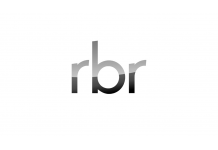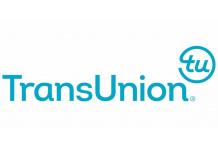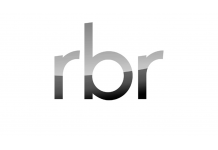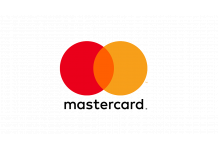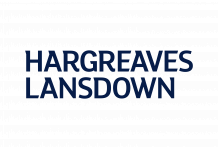COVID-19, Government Incentives and Mandates Boost...
- 12.12.2022 12:55 pm
Accelerated Payments Advances €750 Million to...
- 18.05.2022 09:00 am
2 Years on From the Pandemic in Charts – What’s...
- 18.03.2022 10:10 am
Covid-19 Speeds Up Contactless Rollout Worldwide
- 28.02.2022 10:15 am
TIBCO and Mercedes-AMG Petronas Formula One Team...
- 24.02.2022 03:05 pm
Retail Sales Bounce Back Following End of COVID-19...
- 21.02.2022 11:30 am
Why a Boost for Non-bank ATM Operators is on the Cards
- 07.02.2022 01:40 pm
Why Consumer Demand for Better Data Privacy is...
- 20.12.2021 02:15 pm
Mastercard Foundation: One Business at a Time:...
- 20.12.2021 08:30 am
5 Risks to Watch for Financial Markets in 2022
- 13.12.2021 01:45 pm
Hiring Slowed in November Amidst Omicron Variant – but...
- 10.12.2021 03:45 pm
Experian Finds 25 Percent Increase in Online Activity...
- 09.12.2021 04:45 pm


